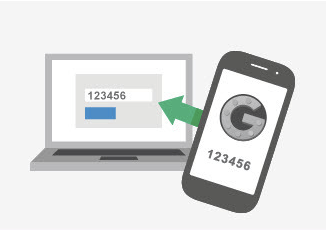

I get the “Hey… you know lots about computers. What computer should I buy? I don’t really want an iPad because I like keyboards.” conversation often. Whether at a party, a church event, a meeting with a client… it seems to happen at least once a week.
So, here is my answer (well, the Summer 2014 version at least).
The Acer C720P Chromebook.
That’s my Acer C720P alongside my brand new Macbook Air 11 in the photo above (well, it’s technically Merianna’s). The Acer cost me $279 and the Macbook cost me $1100. That alone is a big differentiation for many people. However, the Chromebook is a little workhorse of a computer. I literally use it to run my business when I’m on the road, and frequently at home or in the office.
“But Sam,” you say, “aren’t Chromebooks useless when they aren’t connected to the internet? I need to do things on my computer besides just check email.”
That might have been a logical reason for why you should buy something like a cheap Windows computer from Best Buy rather than a Chromebook last year or especially two years ago. However, Chromebooks have progressed a great deal over the last few years (especially months) and now allow for offline applications, heavy graphics programs, and using or editing media like video or audio in addition to all the goodness that comes with web apps in 2014. Even games are catching up.
Plus, it has a touch screen. I maybe use it twice a day, but when I do it’s pretty nifty.
For 90% of people, a Chromebook is a fantastic choice as Google continues to optimize and improve the ChromeOS experience.
The Verge agrees with me today (go read their review for all the specs and details):
The best Chromebooks combine high-end touches with low-end prices, and the C720P has more of both than most. First and foremost, it has a latest-generation Intel processor. That alone makes the C720P feel like a fully capable laptop, not a tablet or smartphone. If you’re looking for a Chromebook to use as your primary computer, don’t buy anything without Intel inside. The C720P also has all the ports and trappings you’d expect from any good laptop, a keyboard that works fine without being totally exceptional, and a really good trackpad. This is a pure workhorse machine, but it’s truly a workhorse.
via The best Chromebook you can buy | The Verge.
So save yourself the trouble of buying a cheap windows laptop or the expense of buying a Mac if you’re going to be doing mostly web intensive things or office related activities. If you need a computer that will handle Adobe Illustrator, 324 Excel macros, and your Sony video editing software… buy all means buy a $1,000 + Windows or Mac machine. Most of us don’t need that, just as most of us don’t need a pick up truck (although I do love mine).











